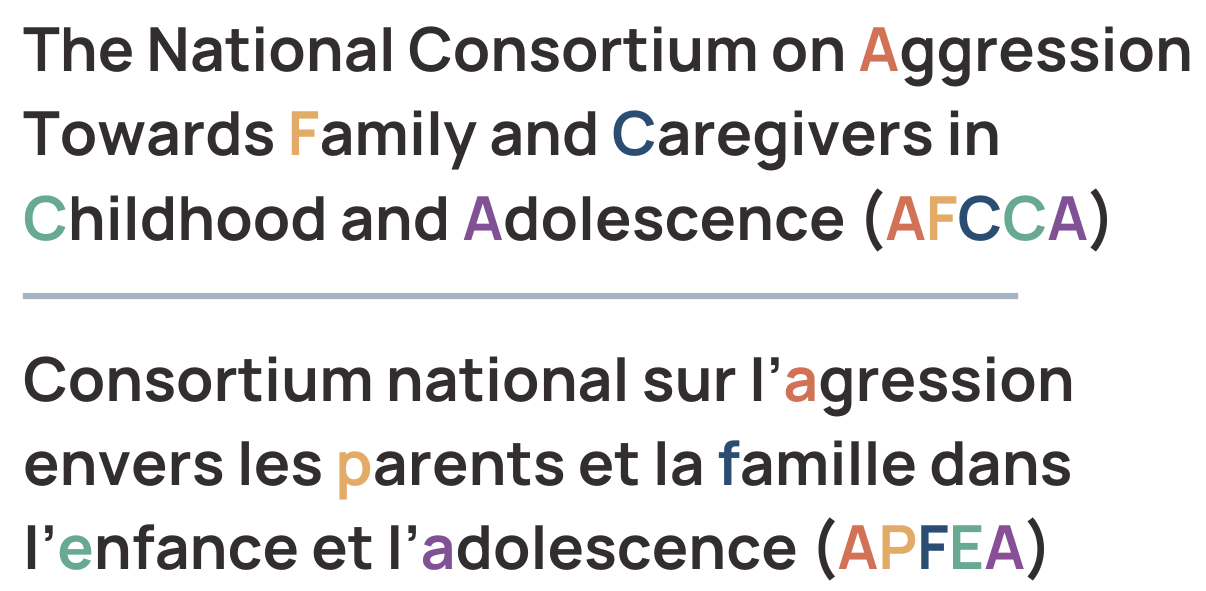READI+ Advocacy
A collection of evidence-informed tools, frameworks, and narrative examples designed to support culturally responsive, intersectional advocacy within systems of care. Resources include the multi-layered stigma framework, restorative justice approaches, and lived experience narratives that highlight the complexity of navigating stigma and systemic barriers.
TThe multi-layered stigma framework provides us with a fuller picture of how people experience shame and stigma.
This tool is meant for practitioners and services providers who are supporting individuals, families and communities contending Aggression toward Family/Caregivers in Childhood & Adolescence (AFCCA) to explore experiences of multi-layered stigma.
Restorative Justice is an approach to seeking justice through repairing harm done by a person or community through an inclusive healing process.
NVR is a systemic approach which focuses on enhancing parental empowerment and presence in a child’s life, rebuilding the parent-child relationship, and rallying a circle of support to resist harmful behaviours.
Let’s take a look at Caleb’s journey to see how systemic inequities impact his and his family’s experiences.
Jazz is an 8-year-old Black gender-fluid disabled (visible and invisible) hard-of-hearing immigrant child. She has 5 siblings and her mothers are separated.
Chris knows he needs help but is reluctant to tell others about Carter’s behaviour. He’s afraid that his parenting abilities will be judged, or that he will be blamed for his son’s behaviour.
Workshop:
Advocating with READI+
What is cultural humility — and what isn’t it?
In this short video, we break down key concepts, highlight what to keep in mind when working across differences, and share real-life examples you can take with you.
Practice:
Recognizing Multi-layered Stigma
This video explores the concept of multi-layered stigma — a framework that offers a deeper, intersectional understanding of how individuals experience stigma based on their identity, life circumstances, and lived or living experiences.



